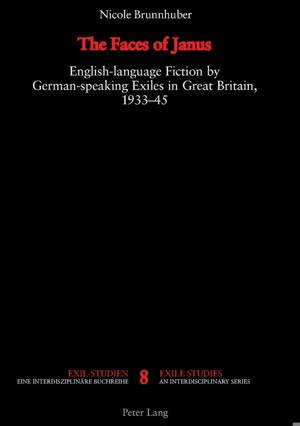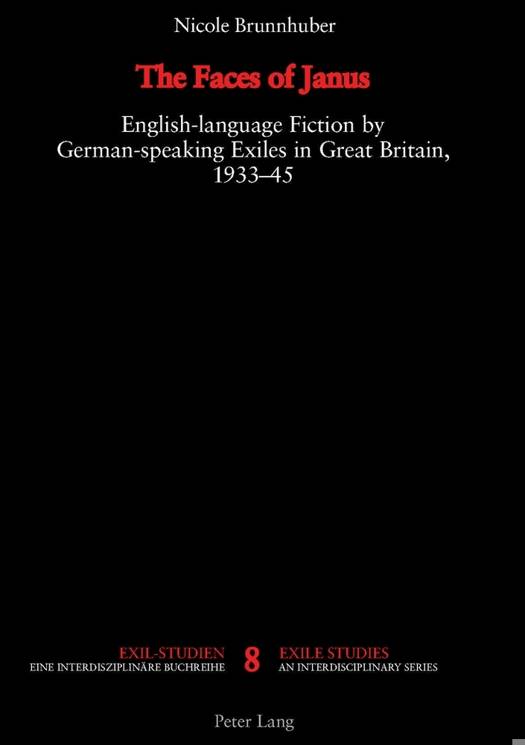
Door een staking bij bpost kan je online bestelling op dit moment iets langer onderweg zijn dan voorzien. Dringend iets nodig? Onze winkels ontvangen jou met open armen!
- Afhalen na 1 uur in een winkel met voorraad
- Gratis thuislevering in België vanaf € 30
- Ruim aanbod met 7 miljoen producten
Door een staking bij bpost kan je online bestelling op dit moment iets langer onderweg zijn dan voorzien. Dringend iets nodig? Onze winkels ontvangen jou met open armen!
- Afhalen na 1 uur in een winkel met voorraad
- Gratis thuislevering in België vanaf € 30
- Ruim aanbod met 7 miljoen producten
Zoeken
The Faces of Janus
English-language Fiction by German-speaking Exiles in Great Britain, 1933-1945
Nicole Brunnhuber
€ 84,45
+ 168 punten
Omschrijving
The author offers an interdisciplinary examination of the German-speaking exile experience in Great Britain from the beginnings of the Nazi regime to the end of the Second World War. The book examines the contingencies of cultural production for German and Austrian exiles against the historical context of British immigration and internment policies. By investigating the influence and manipulation of trends in popular British culture in the English-language exile fiction by Ernest Borneman, Robert Neumann, Ruth Feiner, Lilo Linke and George Tabori, the author illustrates how a suspect minority voiced their socio-political concerns in the dominant culture, and presents a strong case for the facilities of polylingualism in literature. The book reconstructs biographical and cultural histories of authors whose remarkable success as English-language writers may otherwise risk lingering in obscurity. Since the author traces the interaction of historical events and the personal experience of a range of writers, themes of gender-based, national and religious identities are addressed. Flexible and accessible, the book extracts meaning from the politics of popular culture and cultural exchange in the twentieth century during a period of nationalism, acute jingoism and war.
Specificaties
Betrokkenen
- Auteur(s):
- Uitgeverij:
Inhoud
- Aantal bladzijden:
- 246
- Taal:
- Engels
- Reeks:
- Reeksnummer:
- nr. 8
Eigenschappen
- Productcode (EAN):
- 9783039101801
- Verschijningsdatum:
- 31/05/2005
- Uitvoering:
- Paperback
- Formaat:
- Trade paperback (VS)
- Afmetingen:
- 152 mm x 229 mm
- Gewicht:
- 335 g

Alleen bij Standaard Boekhandel
+ 168 punten op je klantenkaart van Standaard Boekhandel
Beoordelingen
We publiceren alleen reviews die voldoen aan de voorwaarden voor reviews. Bekijk onze voorwaarden voor reviews.











